Foreigners with a long-term stay in the Czech Republic will soon be required to hold commercial insurance with Pojišťovna VZP for a period of five years following a decision by the Chamber of Deputies, the lower house of Czech parliament, Tuesday. The president is expected to sign the amendment to the foreigner's act into law by the end of July.
The ruling comes after the Chamber of Deputies dismissed the Senate's proposal to launch a registry operated by the Czech insurers' office that would maintain information on the insurance status of foreigners.
The Health Ministry, the Czech Insurance Association, and the Chamber of Commerce argue that the measure constitutes a monopoly on health insurance for foreigners. The amendment to the foreigner's act is also being disputed by a number of third-country nationals living in the Czech Republic who say that it's nothing short of discriminiation.
Inessa Vasilevskaya is a software engineer from Belarus. She has been living and working in Prague since March 2018 when she relocated to the Czech Republic as an EU Blue Card holder, a permit issued to highly skilled migrant workers.
Vasilevskaya, whose son Lev was born with a congenital disorder that required several surgeries during his first year of life, learned during the relocation process that while other EU countries allow children of employed foreigners access to public health insurance, the Czech Republic does not.
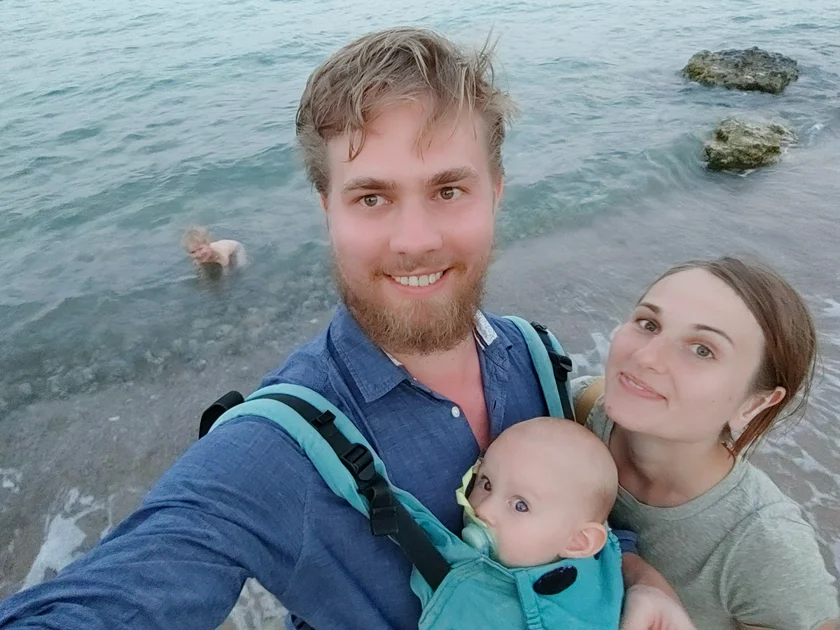
"We are blessed that he is in remission now but he still requires extensive follow-up examinations 1-2 times a year. None of those are covered by the PVZP insurance that he has," said Vasilevskaya also the mother of a toddler girl.
Vasilevskaya said that when she was considering whether or not to take the Prague offer she found no information in English about public health insurance coverage for the children of employed foreigners. Her relocation agency assured her that PVZP Exclusive worked "just like public health insurance."
"I contacted PVZP, filled in the questionnaire explicitly stating my child has a kidney problem, and they told me that while it was impossible to buy their Exclusive insurance before I relocate to the Czech Republic, they could sell me the usual insurance without pre-existing conditions coverage and once Lev had an exam in the Czech Republic we could 'work something out.'" Following the examination she was told coverage for her son would cost 80,000 CZK annually, not the 30,000 CZK she had initially anticipated.
Vasilevskaya has since launched a website 'PVZP Neni VZP' (PVZP is not VZP) detailing her own and others' experiences with the commercial subsidiary of the Czech public health insurance provider. She has also become an advocate for non-EU foreigners like herself who have public health insurance but struggle to access affordable healthcare for their children.
I wanted to share the message that Czech private health insurance works for healthy children only so that no other expat parent would fall into this trap. The site now includes all the information I've gathered over 2 years of investigation," said Vasilevskaya.
She believes that the new legislation will most hurt those who currently have commercial health insurance with companies other than PVZP, families with multiple children, and people who live outside of Prague without easy access to PVZP's limited network of approved healthcare providers.
"PVZP has always been one of the more expensive health insurance options on the market, even before the monopoly," she said. "People who couldn’t afford it chose cheaper options. But now they have no choice."
She worries that those with pre-existing conditions, like Lev's could be particularly affected.
"Pre-existing conditions are one of the most severe exceptions from coverage, and every time you change a private health insurance provider even a condition you developed in the Czech Republic for the first time becomes a pre-existing one," she said.
Vasilevskaya said that while some private health insurance companies continue covering conditions discovered in previous insurance contracts, PVZP continues to cover conditions discovered only in a previous contract with PVZP, but doesn't cover a condition discovered for the first time during another private health insurance contract. "When people are forced to make the switch, they will lose coverage," she said.
As insurance is also a prerequisite for staying in the country, and PVZP isn't obliged to provide coverage she also wonders: "If PVZP refuses to sell a sick child health insurance does that mean deportation for the entire family?"
Miloslav Janulík, the senior government MP behind the proposal, justified the provision to the amendment as necessary for reducing the risk that foreign workers, who Czech doctors are obliged to treat, could receive healthcare without paying.
But František Kopřiva, a member of the opposition Pirates argued that "The introduction of a monopoly isn't only contrary to the rules of the EU, but it's also so-called illegal state aid, which exposes the Czech Republic to infringement proceedings for European law, as well as high financial sanctions and compensation to private insurance companies, which would lose the ability to operate state-authorized activities."
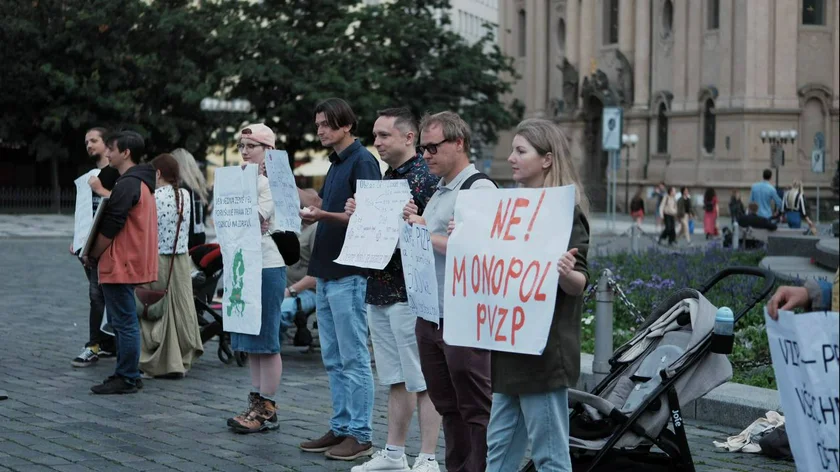
Kopřiva's position is supported by insurance legislation experts who warn that the decision could lead to sanctions against the Czech Republic.
Robert Kareš Chairman of the Board of Directors of PVZP told the portal oPojištění.cz that with regards to health insurance for foreigners there "Must be a full-fledged substitute for public health insurance with adequate and credible premiums and a reasonable commission to show that there is an emphasis on the ability to pay for healthcare."
Sales Lead: High-Performance Computing & AI

Earlier this month Vasilevskaya organized a series of protests against the provision. She also published an open letter to Czech Prime Minister Andrej Babiš on her site; the letter has been signed by other foreigners in the same boat, many of them skilled workers, who remain uncertain about their future in the Czech Republic.
Among them a software engineer Andrey Muravev, who after this week's ruling has decided to take a job in Canada. "The PVZP monopoly immediately raised a red flag about the rate of taxation and social security benefits for my family," he said.
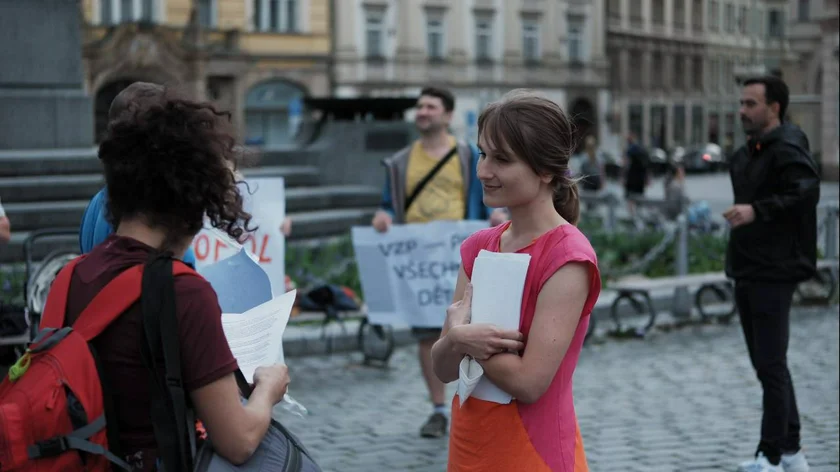
In January 2021 Vasilevskaya filed a complaint with the European Commission. In a letter dated June 2021, the EC declared the claim admissible and wrote that it would begin a preliminary investigation. As a final resort, Vasilevskaya and a group of other parents affected by the policy are also considering a class-action lawsuit.
But mainly the families are pinning their hopes on several Czech politicians who've taken up their cause, among them Kopřiva and Václav Láska who announced on his Facebook page this week that after the October election he plans to propose that parents will be allowed to pay for VZP for their children with long-term residency.
Vasilevskaya said she is devastated by the ruling. "Relocation to Germany has been on my mind over the past 3 years, but after you make the 2-and-a-half-year mark (half of the time necessary to get permanent residency) you are tempted to keep going."
She said if her son remains in remission she will put her trust in the EU investigation and the group of politicians who have taken up the cause.
"But I've already started brushing up my German in case Lev's next checkup doesn’t go as planned," she said.












 Reading time: 5 minutes
Reading time: 5 minutes 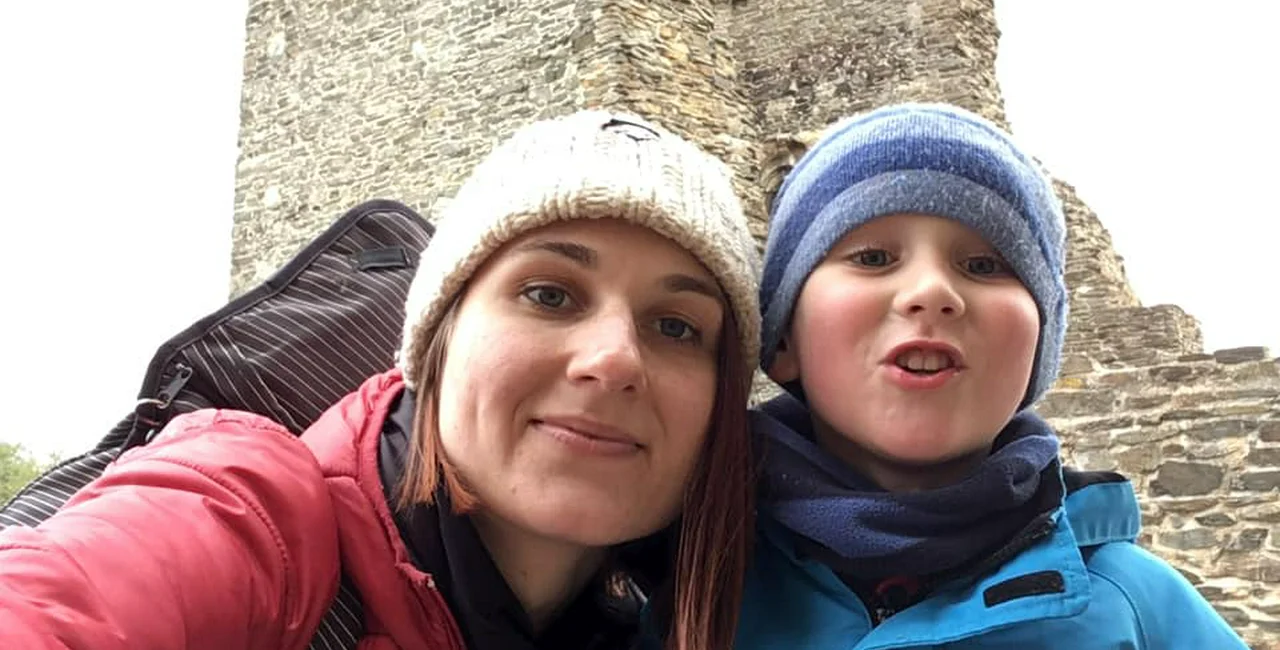




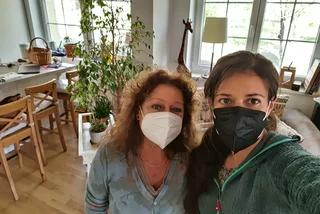
 German
German
 Hungarian
Hungarian
 Czech
Czech
 Italian
Italian



























